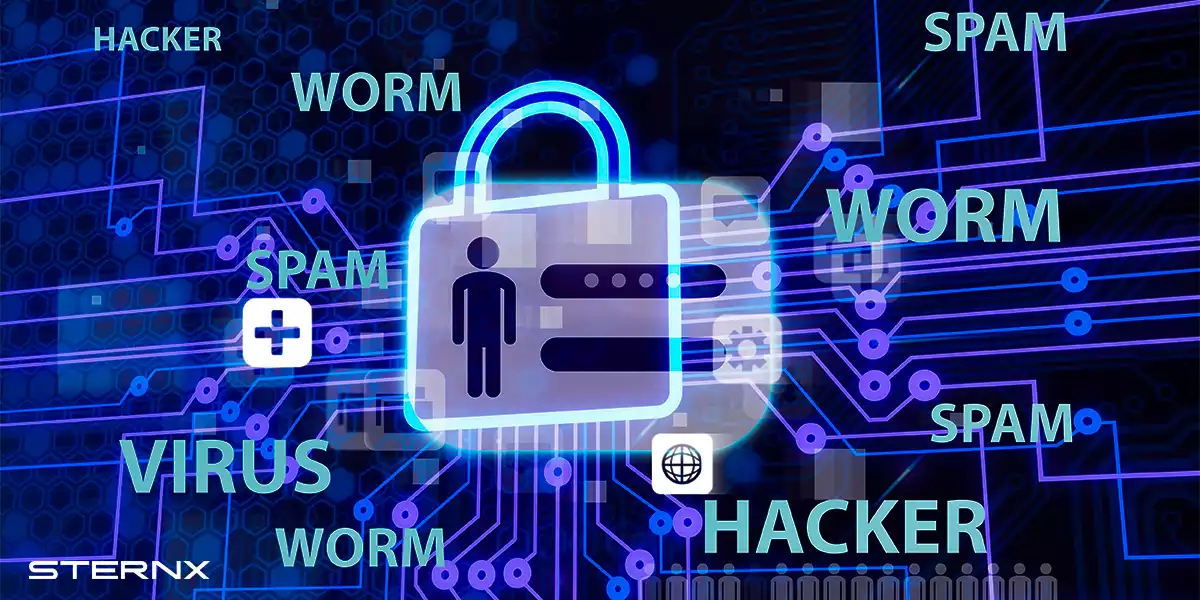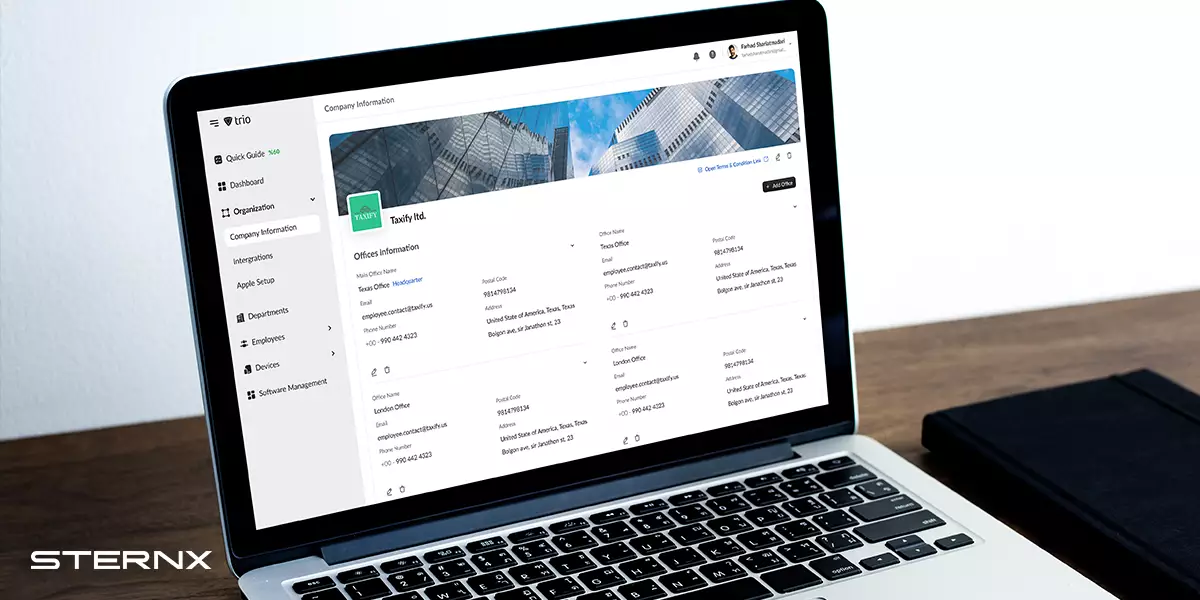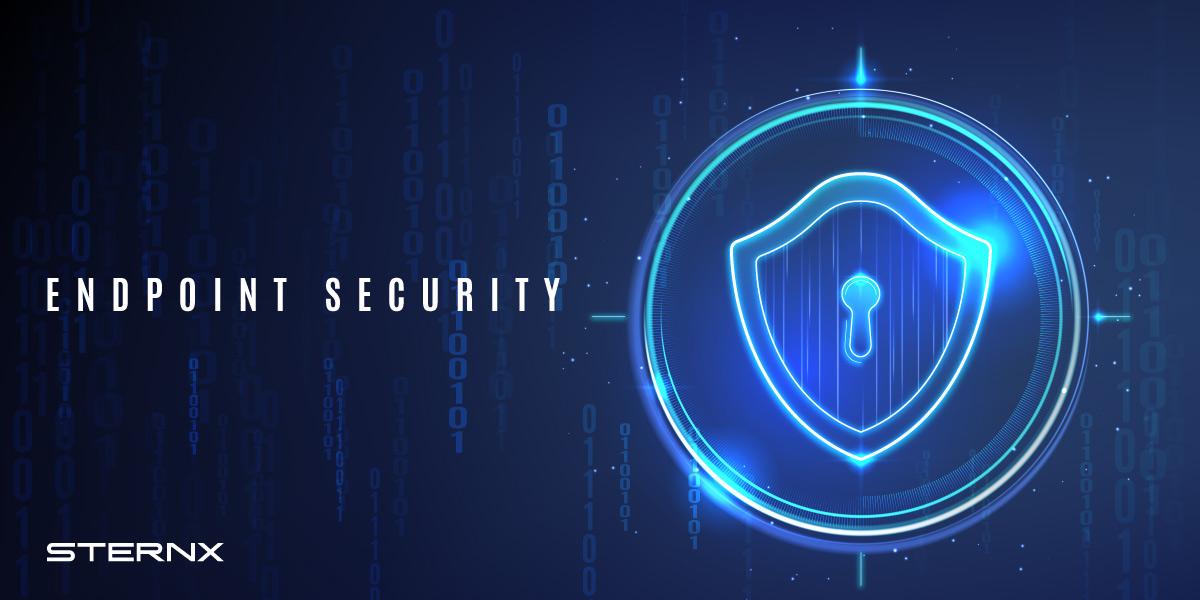Endpoint security refers to a methodology of protecting all of an organization’s endpoints and entry points from cyber threats. Endpoints include devices like desktops, laptops, servers, mobile devices, and internet-of-things (IoT) devices. As more business functions move online and employees work remotely on personal devices, endpoint security is becoming increasingly important.
According to Verizon’s Data Breach Investigations Report, 30% of breaches involved malware, showing the importance of anti-malware defenses. Over 80% of hacking-related breaches leveraged stolen credentials, highlighting the need for access controls.
Table of Contents
ToggleWhat is Endpoint Security?
Endpoint security solutions aim to secure every endpoint on an organization’s network from malware, unauthorized access, data leaks, and other cyber attacks. This is accomplished through real-time monitoring, access controls, encryption, threat detection, and automated responses.
Key features of endpoint security solutions include:
- Anti-malware – Prevents malware like viruses, ransomware, and spyware from infecting endpoints. This is done through malware scanning and activity monitoring.
- Access controls – Manages user access to applications, data, and network resources through measures like identity management and device authorization.
- Encryption – Protects sensitive data through encryption protocols like disk encryption and file/folder encryption. This renders data unreadable if stolen.
- Threat detection – Uses behavioral analysis and machine learning to detect anomalous activity that may indicate threats like malicious downloads or command and control communications.
- Automated responses – Takes automated actions to isolate compromised endpoints, prevent threats from spreading, and self-heal without waiting for human intervention.
- Vulnerability assessment – Regularly scans endpoints for misconfigurations, missing patches, risky applications etc. that may create vulnerabilities.
- Policy enforcement – Applies and ensures compliance with security policies around access, data, applications, configurations etc.
Why is Endpoint Security Important?
Here are some key reasons why endpoint security has become critical for modern organizations:
Defend Against Increasing Threats
Today’s cyber threats are more advanced, stealthy, and numerous than ever before. Malware and hacking attacks can lead to stolen data, disrupted operations, compliance penalties, and reputational damage. Endpoint security is the frontline defense against these threats.

The Cyber Threat Report found a 182% year-over-year increase in ransomware attacks globally. The report recommends a layered security model including endpoint protection, threat intelligence, and zero-trust access principles to defend against ransomware.
Protect Remote Workers and Devices
The shift towards remote and hybrid work means more employees are working from home on potentially unsecured networks. Company data is now being accessed on a variety of devices from corporate laptops to personal tablets and mobile phones. It ensures protection irrespective of location and device.
Secure Privileged Access
IT admins, system operators, and other privileged users have extensive access to an organization’s most sensitive systems and data. Hardening and monitoring these endpoints is important to prevent insider threats.
Meet Compliance Regulations
Industry regulations like HIPAA in healthcare and PCI DSS in retail impose strict endpoint security requirements around access controls, encryption, and activity monitoring. Non-compliance can lead to heavy penalties.
Reduce Risk Surface
Every endpoint is a potential entry point into the broader corporate infrastructure. As the number of endpoints grows, so does the risk surface. Comprehensive endpoint security reduces the overall risk surface.
SternX Endpoint Security Solution with TRIO
SternX offers a robust endpoint security solution centered around its flagship TRIO platform. TRIO provides integrated capabilities for asset management, endpoint protection, endpoint detection and response, and remote access.

Unified Endpoint Management
TRIO gives total visibility and unified management of all endpoints via a single dashboard. IT teams can view connected devices, configure security policies, distribute software, push patches, audit configs, and take remote actions.
Advanced Threat Protection
Malware scanning, activity monitoring, threat intelligence, and other core protections block malware, exploits, unauthorized changes, and anomalous behaviors threatening endpoints.
Rapid Detection and Response
TRIO uses advanced analytics and machine learning to quickly detect advanced threats that may bypass preventive defenses. Automated response capabilities isolate impacted endpoints and self-heal without delay.
Secure Remote Access
TRIO enables secure remote access to on-premise and cloud workloads through Zero Trust access controls and multi-factor authentication. This supports secure telework across any endpoint.
Key Takeaways
- Endpoint security protects all organizational endpoints like laptops, servers, and mobiles devices from cyber threats.
- It is critical for securing today’s remote and cloud-centric work environments against sophisticated attacks.
- Capabilities like anti-malware, access controls, encryption, and threat analytics provide layered endpoint protection.
- Regulations and risk management also mandate comprehensive endpoint security.
- SternX TRIO delivers integrated endpoint management, protection, detection, and remote access for holistic defense.
With endpoints increasingly becoming the frontlines of cyber defense, organizations need a sound endpoint security strategy backed by advanced solutions. SternX TRIO offers robust and unified endpoint protection capabilities to secure the modern digital workspace.
